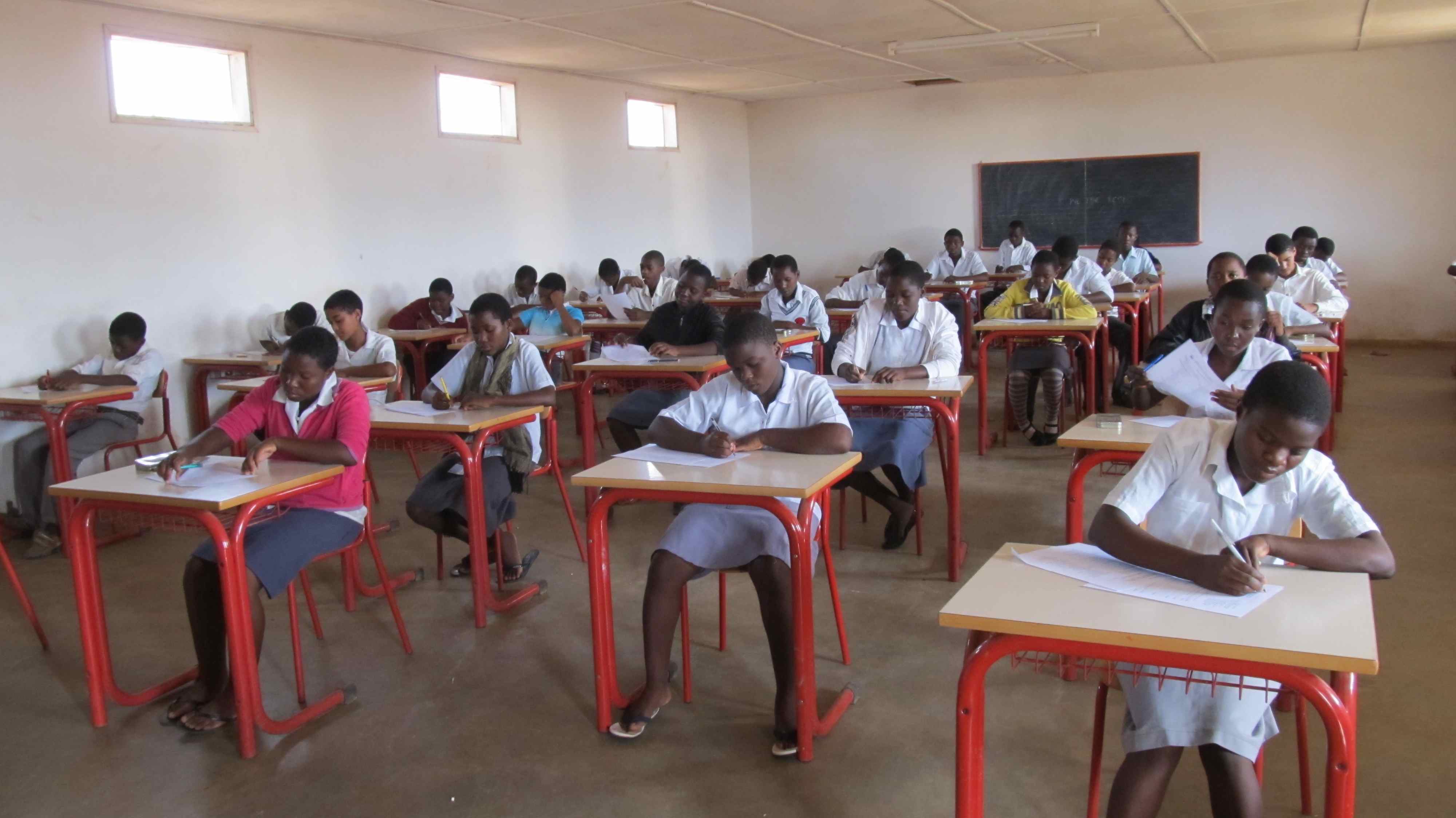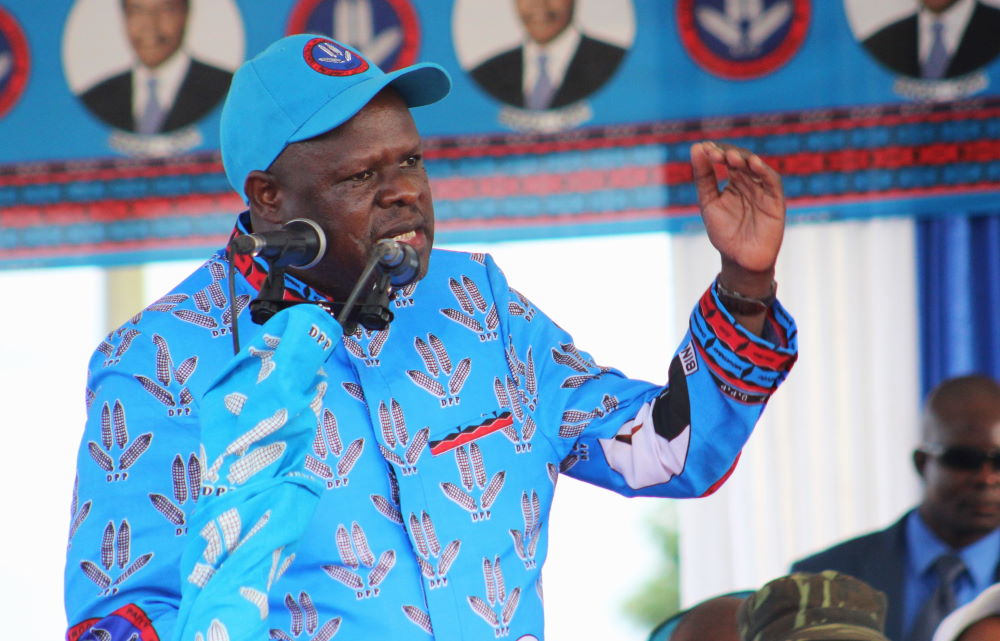 From time to time on a Wednesday evening outside the Cavern in Exeter’s bustling city centre, you can find a charming man selling the Big Issue to drunk, unsuspecting students.
From time to time on a Wednesday evening outside the Cavern in Exeter’s bustling city centre, you can find a charming man selling the Big Issue to drunk, unsuspecting students.
He starts his sell with light conversation, up until the point where you are certain you are great friends. Then, with all the subtlety of Strauss-Khan in a New York hotel room, he begins his magazine pitch. It’s a very good strategy.
One evening I found myself talking to this man for rather longer than I would have liked on the topic of Africa. He asked me where I was from, Zimbabwe I replied, and waited for the usual reaction of silence, a slight look of pity, followed by “Ohh okay…Cool”.
“Oh really?” He said, “My ex-girlfriend is from Malawi.” I have no doubt that as a fine purveyor of hard-hitting journalism he was simply engaging me in polite conversation about my “continent”, relating to it in the only way he knew how.
Perhaps my thought process should have been thus: oh, he has had an African girlfriend, he is a friend to my people and a friend to me, I shall buy his Big Issue and invite him round for tea sometime. But instead it went like this: you knew an African person once, well done; I’m going to get another drink now.
The truth is, this man didn’t actually say anything remotely offensive and was merely trying to find familiar ground on which to base a conversation, which is a completely normal thing to do. It made me think about the singular identity that Africa has here in the West, and how we “Africans” are so often given one nationality.. If you were to tell a woman from Zimbabwe that you were from Wales, would you expect them to tell you that they once had a Ukrainian boyfriend?
Even last year, when the world cup was held in South Africa, the voice of “Africa” was a Colombian. Flailing her legs about like a “true African” she sang “It’s Time for Africa”. Is it really Shakira? Personally, I’m not sure if a Colombian woman singing predominately English has the best credentials to sing that song. It was essentially harmless but showed much of what is wrong with the West’s relationship with Africa. The people from the continent that the song is supposedly for were reduced to backing singers and dancers in a frankly ridiculous production. Why FIFA didn’t think to employ an actual African is beyond me.
In J-lo’s recent hit “On the Floor” she lists a number of cities where she would like to “dance the night away”, including London, New York and, um, Africa. Yep. She is going to party it up not only in all the major cities of the world but then going to all of Africa.
It is the habitual simplicity with which the 54 countries in the African continent are referred to that is frustrating. For many it seems that Africa is still limited to one monolithic idea of children with swollen bellies whose lives are complete when they get a glass of water or are given a book.
It is also regularly portrayed as one disaster after another – war, famine, political corruption and poverty being all the average person seems to know about this large continent. And as long as it is seen as one big Oxfam advert or a vague amalgamation of mud huts and corrupt politicians, that is all it will be.
What is really damaging is that it is never allowed to be more than a sad story that we hear about on Red Nose Day and then forget for another year. Most people have no knowledge and no exposure to the diversity and wonders that can be found in the African continent.
Even at Exeter University, top ten in the country for International Relations, there are very few modules that focus on Africa. One looks at its politics, yet is a single masters that only focuses on the North and is taught separately in the Middle Eastern and Arabic Studies department.
For undergraduates, one of the only chances to study Africa resides within the History department. Here, if you choose to study the two African modules that the department offers, you will either learn about the continent’s history of mass-colonisation by various nations, or its popular culture in a module called ‘African Modernities: Popular Cultures in Twentieth Century Africa’. I don’t doubt that this is an interesting and well-taught class,
but keeping in mind that Africa is larger than the USA, Japan, India, China,
and all of Europe combined, would there ever be a module that looks at all of their popular cultures across the short span of an entire century? I think not.
It seems the continent has been forgetfully lost in a suitably named whitewashing of its identity. So the next time you go to put on that questionable Shakira song, or meet someone from Somalia and start rambling on about the lives you touched during your gap year in Mozambique, at least think about what you are going to say or just don’t say anything, I implore you.



